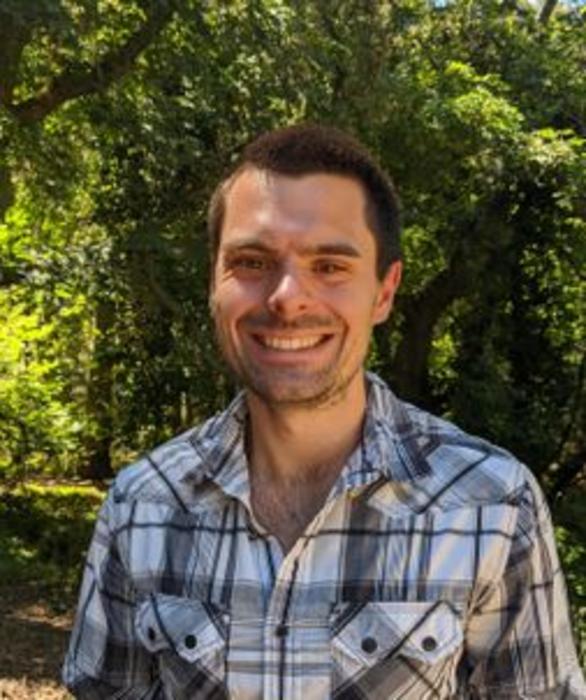Research Assistant Professor Christopher Fowler received the NASA 2023 Planetary Science Early Career Award for his project “Bringing Planetary Science to West Virginia”. The award is based on demonstrated leadership, involvement in the planetary science community, and potential for future impact.

Credit: West Virginia University
Research Assistant Professor Christopher Fowler received the NASA 2023 Planetary Science Early Career Award for his project “Bringing Planetary Science to West Virginia”. The award is based on demonstrated leadership, involvement in the planetary science community, and potential for future impact.
The resources provided by the NASA Planetary Science Early Career Award will allow Fowler and team to undertake research-related activities that are not always possible within the scope of more “traditional” research grants.
A major focus of the project is to inform and expose high school students in West Virginia to computer and data science, skills that are critical to participate in a large portion of today’s modern economy, but are inaccessible to many across the state. “Students will analyze real data measured by multiple NASA spacecraft, undertaking their own research projects to learn about how the Sun impacts the planets in our solar system. While the initial focus will be on high schools in West Virginia, the content will be freely and publicly available nationwide,” states Fowler. “I’m excited to get the opportunity to teach students a little bit about how our solar system works while connecting them with resources that will engage their curiosity for planetary science.”
According to NASA, the goal of the award is to identify a need in the community and propose to address that need. Each project is facilitated by a grant of up to $200,000. Fowler’s project will increase the visibility of and capacity for planetary science research at West Virginia University and engage under-served high school students in the state of West Virginia with planetary science data sets and NASA missions.
“Chris has been a phenomenally successful faculty member in his first few years at WVU,” states WVU Physics and Astronomy Chair, Prof. Maura McLaughlin. “This project is an example of his commitment to WVU’s land grant mission of educating West Virginia students through his involvement in cutting-edge research in planetary sciences.”
Prof. Fowler is a planetary science researcher who analyzes in-situ plasma measurements obtained by spacecraft to understand the plasma environments at various planets in the solar system. His primary research interests include understanding the physical processes that energize the ionospheres of unmagnetized planets (in particular Mars and Venus), and how this energization can impact ionospheric escape to space. He is also interested in the comparative study of planetary ionospheres, with a focus on the phenomena driven by the collisional coupling between neutrals and ions in the lower ionospheres of Mars and Earth.
For more details on the NASA Early Career Planetary Science Award, please visit:
hal/05/17/2024
Contact: Holly Legleiter
Public Relations Specialist
hlegleiter@mail.wvu.edu



